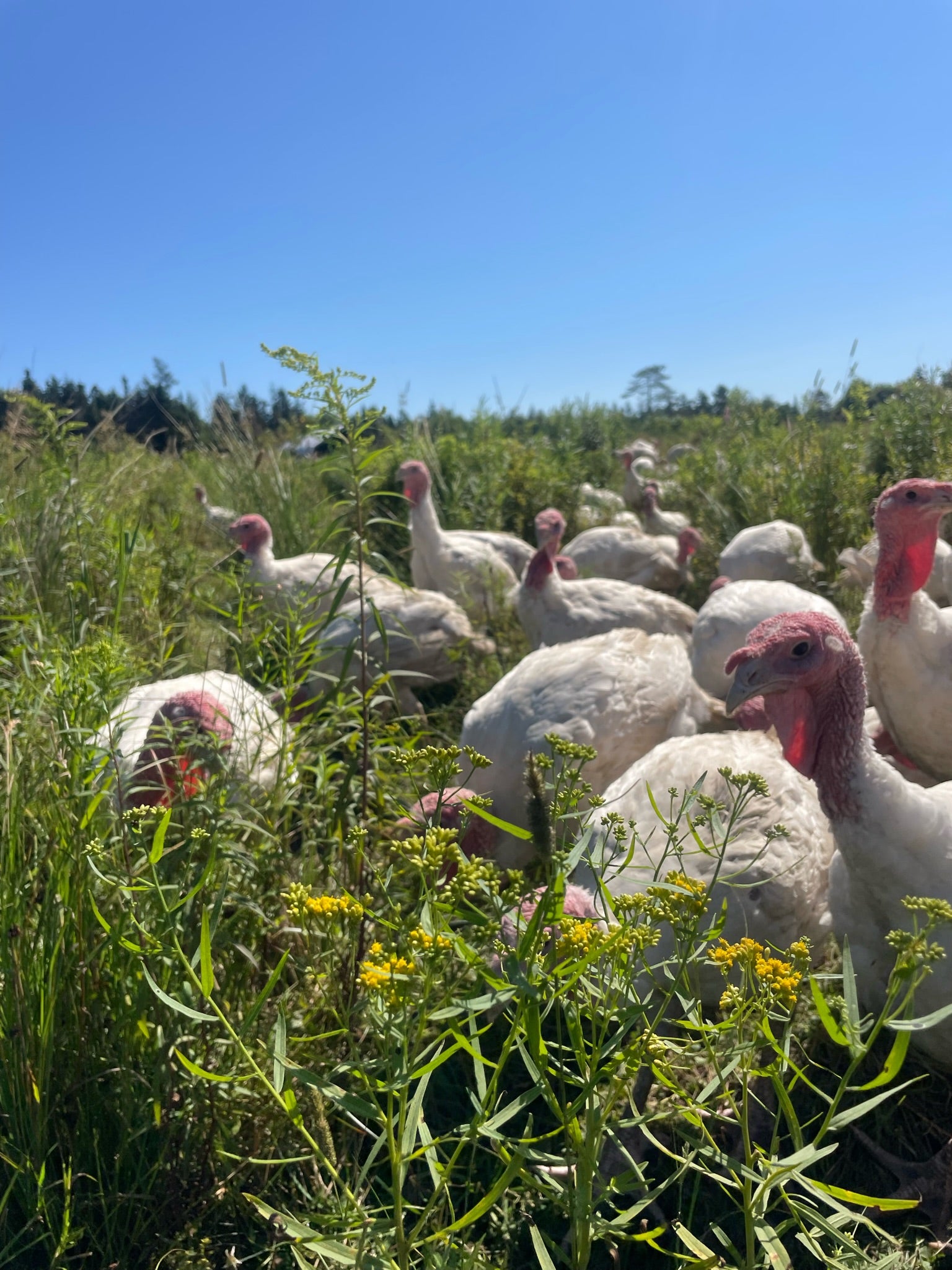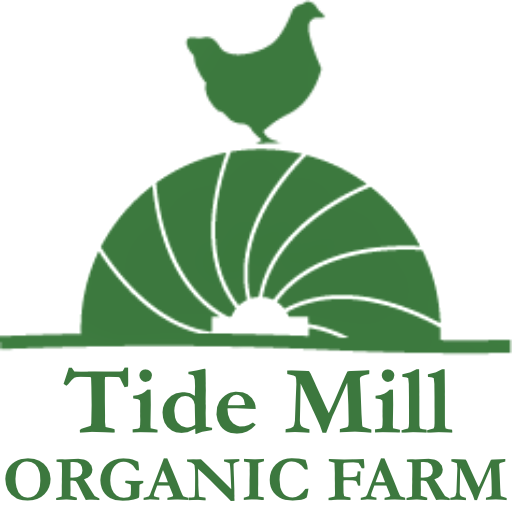About Certified Organic Farming
What is Organic Farming?
-
To us, diversity and ecology is at the heart of organic agriculture. Farming with organic practices honors the soil and livestock as living beings, building organic matter and contributing to a healthy environment for the essential microorganisms to do their work. Off-farm inputs are minimized and purchased in their least processed and least expensive form and as locally as possible.
Farming organically relies more heavily on labor and creativity to solve pest, disease, and weed problems. These problems are minimized by farming within nature's boundaries, prioritizing the inherent nature and comfort of our livestock, creating habitats for beneficial insects and microbes, and using carbon based, biodegradable, pest or weed specific methods of control as a last resort.
Organic farming does not use synthetic chemicals, hormones, fertilizers and pesticides. In great effort, we try to prevent problems from establishing themselves by promoting the strength and vitality of our plants and livestock and farming within a larger balanced ecosystem.
Organic farmers recognize the connection between the health of the earth and the health of ourselves. For the last 60 years, agriculture has taken a very dangerous path. We believe we have only begun to see the tragic results of these practices and the unhealthy "American" diet. Cheap food becomes very expensive when we consider the effects of cancers, birth defects, immune system failures, antibiotic resistance, early adolescent puberty, and many other health issues; as well as the polluted soil, air, and water and the disappearance of local farmers and producers. -


